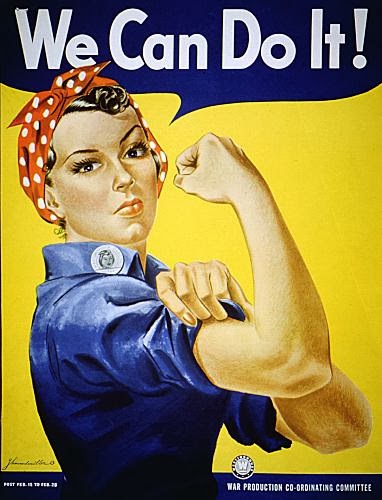
The story of Marguerite Johnson as depicted by Maya Angelou's book 'I Know Why the Caged Bird Sings' is not just an interesting piece of autobiography spiced up with literary appeal. Nor is it just an account of the typical black girl's plight.
It has more to it. It relates the pain and pride involved in the universal woman's relentless quest, carried on doggedly with grit, faith and intellectual curiosity, for the identity that she thinks is due to her, the long struggle necessitated in that process and of the hurdles encountered on the road to survival, self-expression, self-affirmation, self-empowerment and ultimately economic freedom.
In the book 'Through Women's Eyes', the portrait of women given by Dubois and Dumenil portray encompasses different classes, religions, regions and ethnic backgrounds and education levels. Marguerite is a representative of them.
Marguerite's story progresses through contradicting influences of the values of the traditional society and those of the modern society.
It is only after a long period of silence that the caged bird dares voice her song and asserts herself. She gains her access to the pool of knowledge in the face of stiff resistance from the ever-daunting forces of oppression. She has had to recognize her spirit first before she could feel her spirituality. It has never been easy for her to discern the benevolent and the rapacious. Adversity was not the main thing that had to be fought; it was a fight against rape, not only of the body, but also of the mind, soul, sensitivity, past, present and future. There was as much exasperation as there was expectation.
At the very outset of the story, young Margaret asks: "What you lookin at me for?" The desperation underlying the words may be perceived on a wider panorama, of the insignificant self-doubting woman posing a question to the predators in the chauvinistic jungle. Then she claims: "I didn't come to stay".
It is a comic situation with a tragic shade. She was not lying. At the time when the words were uttered, it was true. With the passage of time, the outlook changed and the question arose: why shouldn't she stay. It was then that she decided she was going to stay.
And she did at last. Staying connotes more than one thing. It stands for life, rising above discrimination, oppression, slavery, humiliation and segregation.
For the children attending schools today, it will be hard to believe that there was a time when woman was a helpless, insignificant creature, an unpaid laborer, without share in power, without vote until the first quarter of the 20th century, in a nation conceived in liberty and dedicated to the proposition that all men are created equal.










 0 Comments
0 Comments





